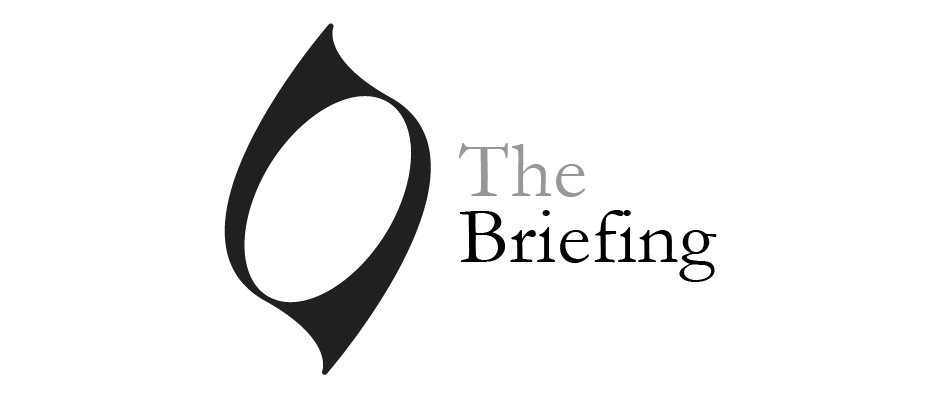In a moment when so much information is unreliable and even more distressing, we feel an obligation to provide for our readership a small selection of writing that encourages the stirrings of critical thought and resistance. This is what we’re reading this week:
Some Remarks on the Future of the Colorado River (and also the past of it):
When you look at the Colorado River, it’s not a big river. It’s done these amazing things. It carved the Grand Canyon. But it’s not – it’s not broad. It’s not like the Mississippi. The Mississippi is 1,000 miles longer, and the entire annual flow of the Colorado River flows down the Mississippi every couple of weeks. And yet in the western United States, it’s incredibly important, in seven states. It supplies water to something like 26 million people. It irrigates 6 million acres of agriculture. And most of those 6 million acres are land that the river itself deposited, silt from, you know, what’s missing from the Grand Canyon. It spread out across Arizona and California.
In France a viable candidate emerges from the left:
Railing against growing economic inequality, participation in foreign wars, and political corruption, Mélenchon has skyrocketed in the polls from distant fourth to within a hair’s breadth of the frontrunners. (This rise has been accompanied by the release of a web-based video game called “Fiscal Kombat” where Mélenchon fights corrupt politicians and bankers.)
A sudden change of plans in Arkansas:
The former death row prison guard, who describes himself as a life-long Republican, was pro-death penalty when he began working for the Department of Corrections. But that changed.
Crain said the case of Damien Echols, one of the “West Memphis Three,” a group of teens convicted in 1994 for the murder of three children in a purported “Satanic ritual,” weighed on him greatly. Echols was at Varner waiting to die when DNA evidence led to his release in 2011.
In a message to Turkey, Trump makes another assault on the virtues of democracy:
One of the greatest responsibilities of an American president is to encourage the development of democracy and the protection of basic liberties in countries with which the United States is allied. Presidents do not always live up to this responsibility, but few have failed so miserably as did Donald Trump with his response to a referendum result that leaders around the world recognize as a threat to Turkish democracy.
A shift in opinion following the Syria strike. What is Trump’s relationship to Russia?
Yes, news from congressional hearings and the words “FISA warrant” and “Nunes” are starting to filter back on to CNN and MSNBC. But after Trump dropped 59 Tomahawk missiles onto a Syrian airfield, flaunted his MOAB, and rattled sabers at North Korea, all those perfectly legitimate investigations suddenly seem less urgent, like so much nitpicking.
What Trump borrowed from the Critical Theorists and how he gets it wrong:
Indeed, the social theorist Bruno Latour saw Trump coming back in 2004. In his essay “Why Has Critique Run Out of Steam?” Latour observed that conservatives had begun using methods similar to those of critical theory to muddy debates around issues, like climate change, that required immediate and decisive action. Conservatives were casting doubt on the reality of planetary warming by pointing to “the lack of scientific certainty” around the issue. Latour had made a career questioning “scientific certainty” and worried that his critical “weapons” had been “smuggled” to the other side.
An excerpt from Dreams, Doubt and Dread: The Spiritual in Film. A recent collaboration of our editor Zac Settle and Taylor Worley, which takes a phenomenological approach to spiritual experience as depicted in film. Available for purchase on Amazon!
Put crassly, phenomenology is the philosophy of experience, and phenomenological investigation remains a distinctly helpful category and methodology by which we can properly engage and investigate film. Rather than speaking of philosophy broadly—i.e., any philosophical work in the Western world—there is a specific tradition of phenomenological thought that helpfully lends itself to film reception and aids us in understanding film as experience.
Check out the latest book by our very own Editor-in-Chief, Dan Rhodes, Organizing Church: Grassroots Practices for Embodying Change in Your Congregation, Your Community, and Our World. Available for purchase on Amazon!
These political experiences have taken us far from our conservative roots into mainline and progressive congregations: the “liberal” churches we were taught to disregard and even fear in our childhood. Moreover, we’ve forged strong relationships among neo-monastic communities, other intentional communities, and in the networks of progressive evangelicals. We certainly haven’t seen all of the ecclesial landscape and don’t pretend to have done so. But simply put, we have a long history of encountering the rich diversity of the church and continue to do so.
